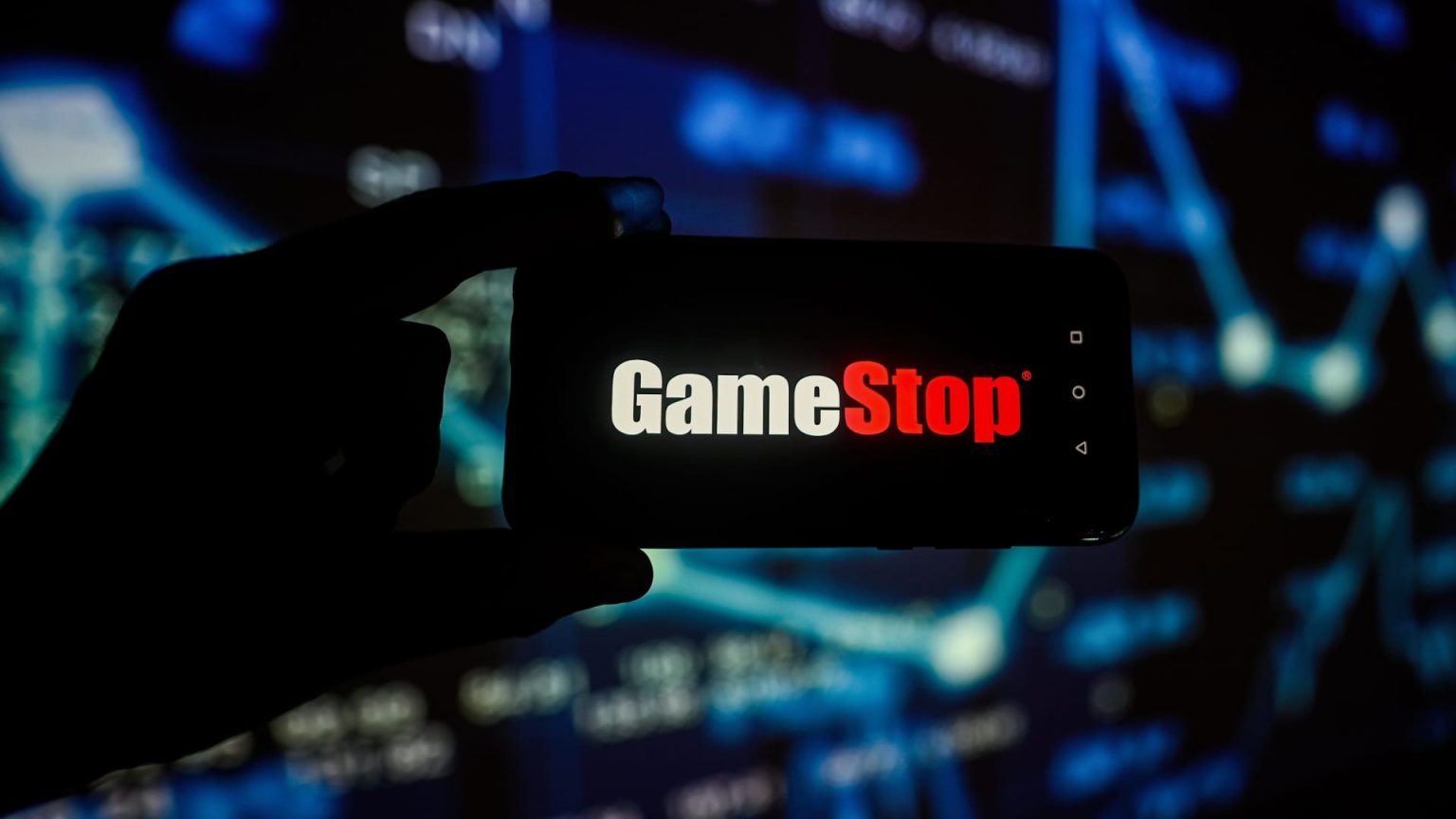The return of “Roaring Kitty” sparked a significant increase in GameStop shares, however, experts warn that the speculative rally in the unprofitable company may not end well. GameStop, a brick-and-mortar video game company, has faced challenges such as job cuts and declining revenue due to competition from e-commerce-based competitors. Analyst Michael Pachter noted that GameStop made only $6 million last year and is expected to lose $100 million annually going forward. The company’s core business is in decline, and they lack a plan to grow revenues or profits. Pachter has an underperform rating on GameStop, with a price target of $5.60, significantly lower than the peak price of $38.20 during the recent trading frenzy.
During the meme stock craze of 2021, GameStop shares reached an all-time high of $120.75, but subsequently collapsed along with other meme names as interest from individual investors faded. The stock hit a three-year low of $9.95 last month before the recent resurgence. The current revival of meme stocks is taking place during a relatively quiet time in the broader market, with the first-quarter earnings season coming to a close and the next Federal Reserve policy meeting about a month away. Despite the Cboe Volatility Index trading around 13, there is potential for wild swings in meme stocks, as noted by Jeff deGraaf, chairman and CEO of Renaissance Macro Research.
While deGraaf is not involved in the GameStop trade, he emphasized the importance of selling overbought downtrends, indicating that GameStop falls into that category. The surge in speculation around meme stocks could pose a threat to the broader market, which is already sensitive to shifting expectations regarding interest rates. Analyst Mark Schilsky suggested that if this trend continues, Federal Reserve Chair Jerome Powell may need to raise interest rates significantly. The current market environment, characterized by heightened animal spirits and volatility in meme stocks, could potentially destabilize the broader financial landscape.
The view among analysts and experts is that the recent upsurge in GameStop shares is not supported by fundamentals, given the company’s financial struggles and lack of a clear path to profitability. While the return of “Roaring Kitty” and the renewed interest in meme stocks has sparked excitement among amateur traders, the speculative nature of these investments could lead to significant losses. GameStop’s past performance, marked by drastic fluctuations in stock price, serves as a cautionary tale for investors who may be tempted to join the speculative frenzy. The broader implications of the meme stock craze for the market as a whole are still uncertain, but analysts are closely monitoring the situation and its potential impact on investor sentiment and market stability.


